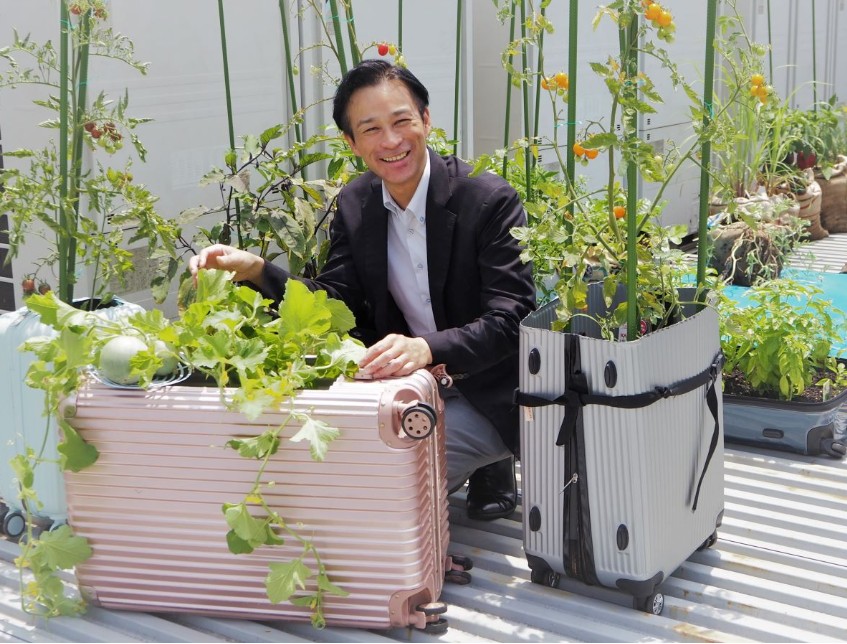Japan's Luggage Crisis: Abandoned Suitcases Spill Onto Streets as Foreign Tourists Surge—And a Hotel Turns Them Into Green
Japan is grappling with a bizarre side effect of its travel boom: abandoned suitcases lining sidewalks and hotel entrances, waiting for a drop-off that never comes. New tourists pour in—over 3 million foreign visitors in March and April—while a patchwork of waste rules leaves old luggage in limbo, sometimes simply piling up on the street. Hotels and locals face a fresh dilemma: what to do with suitcases that can’t be recycled or claimed? In a surprising twist, one hotel turns this problem into a green idea: Niwa Tokyo begins growing vegetables and flowers in abandoned suitcases on its roof.

In This Article:
The Overflow: Too Many Tourists, Not Enough Drop-Off Space
The scale of the problem is real. The National Tourism Organization notes that more than 3 million foreign tourists visited Japan in March and April. They push capacity limits in bustling eateries and sometimes prompt new entry rules, a reminder that logistics press on every corner of travel. In many hotels, a suitcase is abandoned when guests move on or swap gear mid-trip. If no one claims it, disposal becomes necessary—and costly. In mid‑sized hotels, abandoned suitcases appear about once or twice a month, and most guests are foreigners, adding to the luggage surplus.

Rooftop Farm from Abandoned Suitcases
Niwa Tokyo, just about 200 meters from JR Suidobashi Station, has turned discarded suitcases into planters on its roof. The CEO, Satoshi Ebunuma, reserved the rooftop for an eco-friendly garden that fuels the restaurant with fresh produce and herbs. The suitcases are used as containers; roots are guided to grow depending on the suitcase design—upright for deeper roots or on their side for shorter roots. The rooftop now grows lemongrass, mint, spinach, a variety of herbs for teas, and rosemary for grilled dishes. In total, 25 kinds of vegetables and fruits flourish, including eggplants, melons, and tomatoes. Guests love the concept, which feels distinctly Japanese in its blend of elegance and practicality.
A Costly Problem for Hotels: Abandoned Luggage and the Waste Dilemma
But Niwa Tokyo is only part of a larger story. In many small hotels, a suitcase sits unclaimed about once or twice a month. Some are damaged beyond repair; others are simply replaced during trips. They’re kept behind the property in case someone comes to claim them, but if there’s no taker, disposal costs around 1,000 yen per suitcase—an ongoing drain on the hospitality industry. Some hoteliers even ponder repurposing suitcases as mini-hives for bees, turning a problem into a potential new use.
A Tiny Sign of Change: Trash Into Living Green
The Niwa Tokyo example hints at a broader lesson: creative reuse can transform logistical headaches into nourishment and beauty. With a guest profile that’s heavily international, the hotel’s eco-friendly approach resonates beyond Japan’s borders. It’s a quiet demonstration of how sustainability can be woven into daily hospitality, even in the face of a luggage glut. What do you think about turning trash into treasure in hotels? Share your thoughts in the comments.


